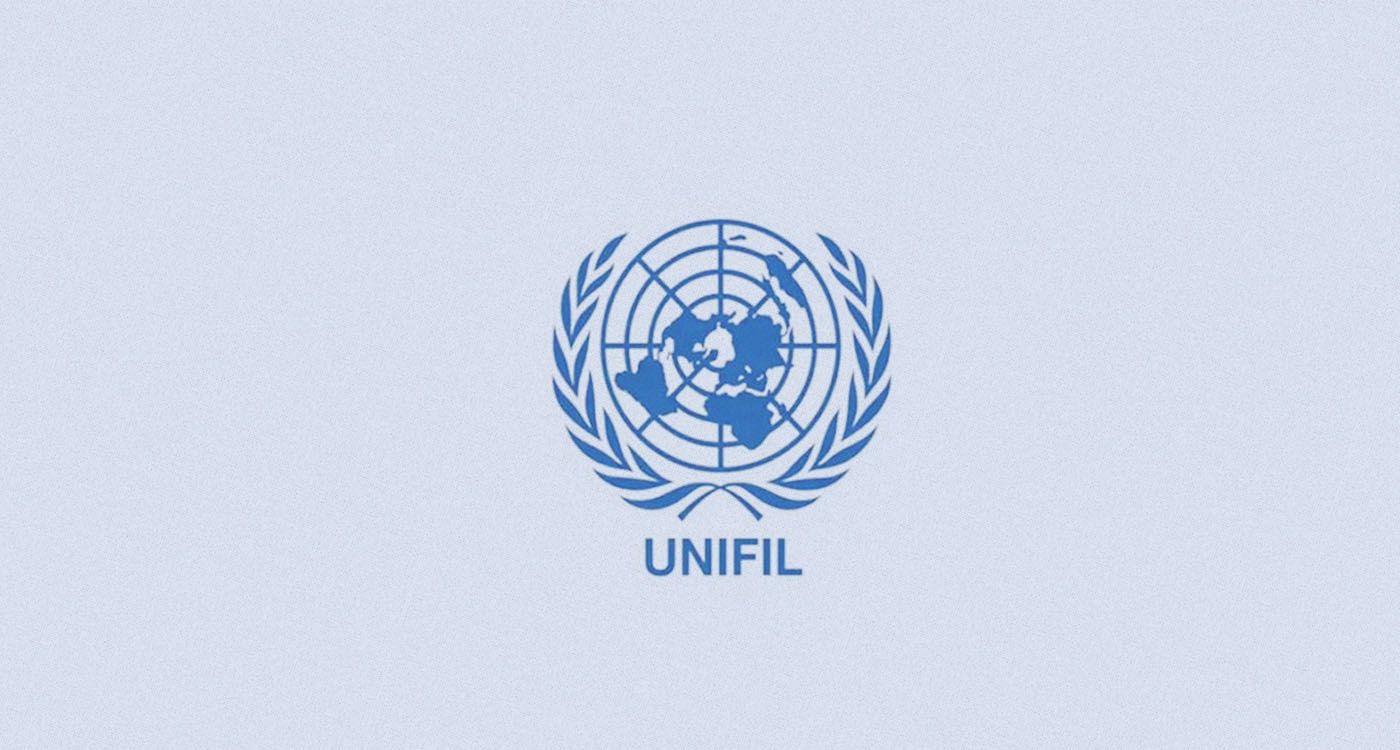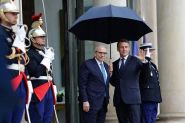
Since the ceasefire took effect in Lebanon on November 27, UNIFIL (United Nations Interim Force in Lebanon) peacekeepers stationed south of the Litani River have come under multiple attacks, attributed to Hezbollah-affiliated groups. These incidents represent a direct violation of United Nations Security Council Resolution 1701 and undermine Hezbollah’s public commitment to implementing its key provisions – including disarmament and the dismantling of its military infrastructure.
A Western diplomatic source closely following developments in southern Lebanon condemned the recent and most severe attack on UNIFIL in Jmaijmeh, Bint Jbeil, calling it unacceptable and dangerous. The source stressed that the Lebanese state must take responsibility for bringing the perpetrators to justice, as the attacks not only endangered UNIFIL personnel but also hindered their mission, which is crucial for enforcing Resolution 1701 and the ceasefire agreement. These commitments were reaffirmed by the Lebanese government following General Joseph Aoun’s election as President and the formation of Prime Minister Nawaf Salam’s new cabinet.
The source further pointed out that the Jmaijmeh attack directly contradicts official claims, including those from Hezbollah, that Resolution 1701 is being fully implemented and that the area south of the Litani River is free of weapons and armed groups. The source explained that the confrontation with UNIFIL occurred because they entered a region where Hezbollah still maintains weapons and military infrastructure – an area that should have been secured and cleared by the Lebanese Armed Forces (LAF). The diplomat raised concerns about how UNIFIL can carry out its mission if such attacks continue, questioning whether the international community can believe conditions in southern Lebanon have changed when assaults on peacekeepers persist, as they did before the last ceasefire. The source also expressed doubts over Lebanon’s ability to secure UNIFIL’s mandate renewal in August, given the official silence and lack of action on these attacks.
Lebanese observers have pointed to a statement issued on behalf of the residents of Jmaijmeh, suggesting that the authors effectively placed themselves on an equal, if not superior, footing to the Lebanese state. The statement accused UNIFIL of “overstepping” by entering certain areas on the town’s outskirts. Critics questioned whether the group behind the statement has the authority to decide if UNIFIL is exceeding its mandate or enforcing Resolution 1701 and whether they have the right to dictate where peacekeepers can operate. They also raised concerns about why both Hezbollah and Israel appear to be targeting UNIFIL.
Observers also argue that the ongoing attacks on UNIFIL are clear evidence that Hezbollah is unwilling to relinquish its weapons or dismantle its military and security infrastructure. They view the assaults as a direct response to efforts to enforce Resolution 1701, with Hezbollah using UNIFIL as leverage to maintain the south as a battleground and a venue for settling scores.




Comments